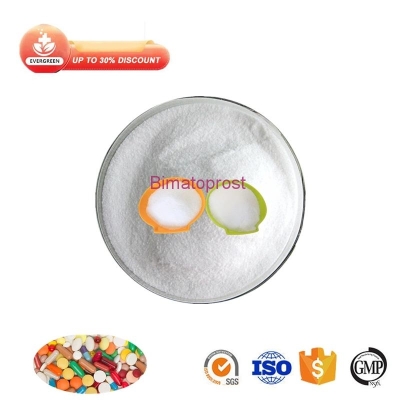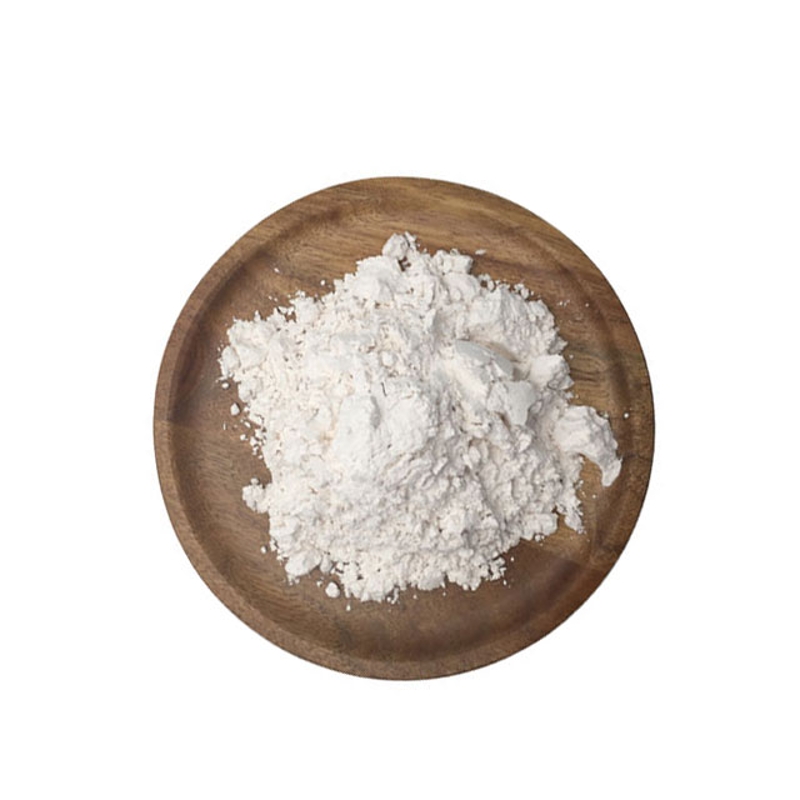-
Categories
-
Pharmaceutical Intermediates
-
Active Pharmaceutical Ingredients
-
Food Additives
- Industrial Coatings
- Agrochemicals
- Dyes and Pigments
- Surfactant
- Flavors and Fragrances
- Chemical Reagents
- Catalyst and Auxiliary
- Natural Products
- Inorganic Chemistry
-
Organic Chemistry
-
Biochemical Engineering
- Analytical Chemistry
- Cosmetic Ingredient
-
Pharmaceutical Intermediates
Promotion
ECHEMI Mall
Wholesale
Weekly Price
Exhibition
News
-
Trade Service
Data on whether body mass index (BMI) affects the correlation between cardiovascular biomarkers and heart failure (HF) is limited.
, researchers measured 13 key biomarkers of HF: the N end of type B brain sodium peptide (NT-proBNP), the intermediate fragments of the presupposer of type A sodium peptide (MR-proANP), and myomyosin T (cTn) in a recent study published in European Journal of Heart Failure, an authoritative journal in the field of cardiovascular medicine. T), C-reactive protein, calcitoninogen, semi-lactose coagulant-3, endotin-1C (CT-proET-1), adrenal myelin preposition intermediate fragments, lysolysase progenitor inhibitor-1, peptides, adrenaline, aldehyde and cysteine C.
used linear regression models to assess the association between biomarkers and BMI, and Cox regression models to assess their relationship to HF occurrence.
the researchers selected biomarkers that were closely related to HF occurrence and assessed whether BMI would change these correlations.
41% of 8,202 people (BMI 25-30 kg/m2) and 16% (BMI≥30 kg/m2).
the average age of the queue was 49 years (28-75 years), with 50 per cent of women.
With the exception of renin, all biomarkers are associated with BMI: BMI is negatively associated with NT-proBNP, MR-proANP, CT-proET-1, and aldosterone, while positively associated with the rest of the biomarkers (all P≤0.001).
357 ± HF events were recorded during follow-up periods of 11.3 to 3.1 years.
only NT-proBNP, MR-proANP, and cTnT are still associated with HF occurrence (P-lt;0.001) and no significant interaction between biomarkers and BMI (interaction P-gt;0.1) has been observed.
detection of NT-proBNP and cTnT can moderately improve the clinical HF model in overweight χ2 (C-statistics: 0.024; P.lt;0.001) and obesity (C-statistics: 0.020; χ2 32; Efficacy in patients with P.lt;0.001).
, obesity can affect plasma concentrations of several cardiovascular biomarkers.
only NT-proBNP, MR-proANP and cTnT are associated with HF, and BMI has not changed these associations.
NT-proBNP and cTnT can improve HF risk prediction effectiveness in overweight and obese patients.







